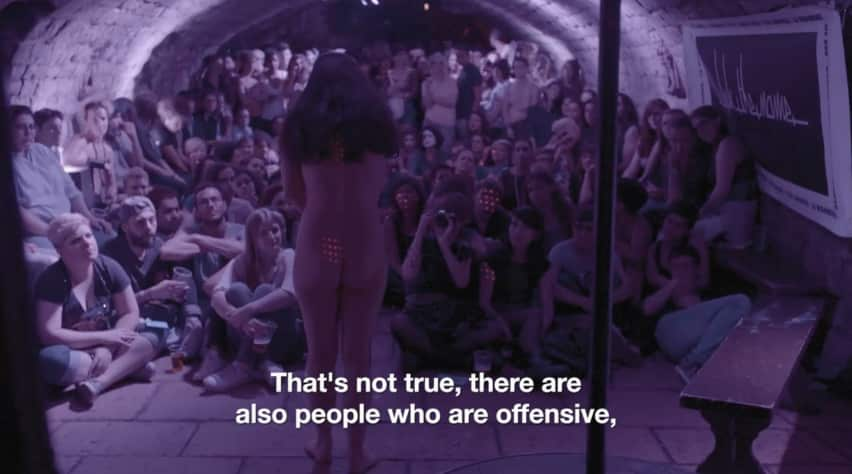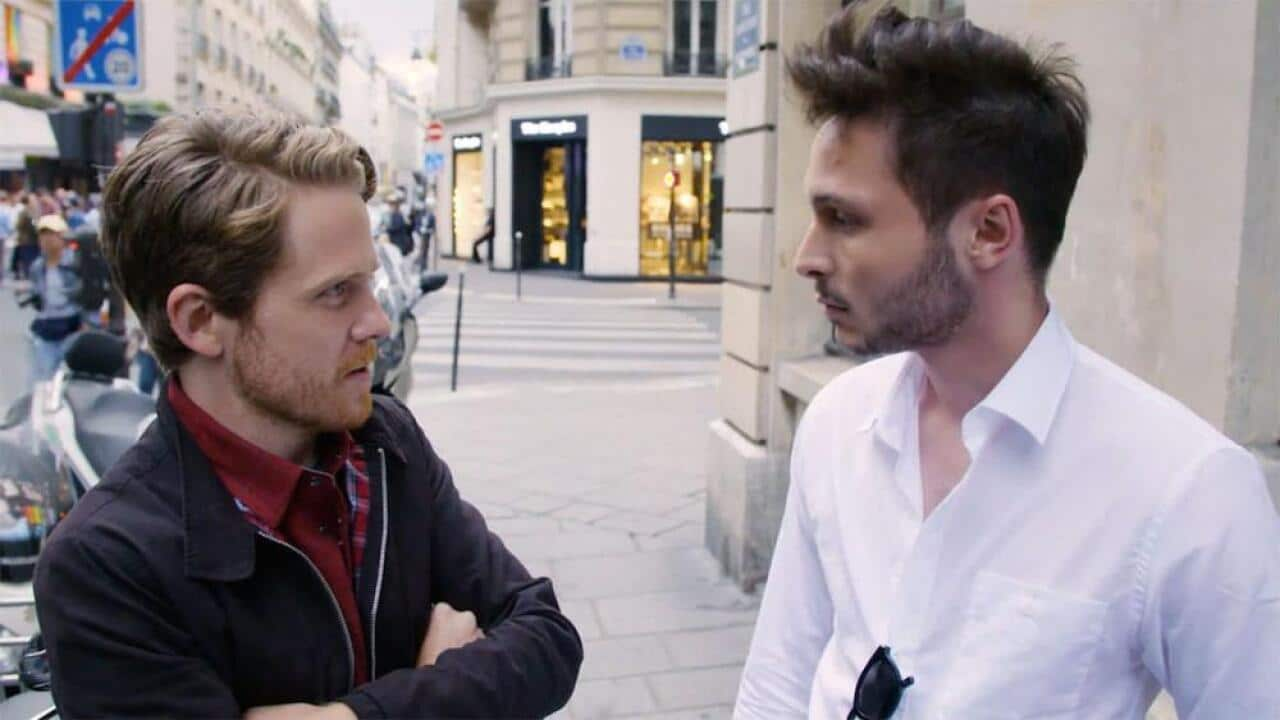1. Le Marais is the famous gay district in Paris

Source: SBS Viceland
2. France saw marriage equality become a reality in 2013, but the fight for equality is far from over
Edwin Nasr is orginally from Lebanon, but is now a rising voice in the fight to make minority issues visible. He runs an organisation holding an alternative to Paris's Gay Pride called Pride De Nuit--Night Pride. While Paris' gay pride parade has become increasingly depoliticised, Nasr is fighting for visibility and politicisation, asking the government to recognise trans rights, and to help low socio-economic areas.
3. In the 1920s, a vibrant subculture for queer artists emerged in the underground world of the Parisian night life

Source: SBS Viceland
4. There are small groups of queer feminist women who hold private events and underground parties

Source: SBS Viceland
5. It's very difficult for queer women to have a baby
It's currently illegal for queer women and single women to go through any kind of assisted pregnancy (ie, with a sperm donor), to the extent that doctors can be jailed for even giving a woman the name of a doctor in another country who would help.
6. France still has legislation in place demanding sterilisation in order to receive gender confirmation surgeries for trans people

Source: SBS Viceland
"Adding the T is just for show," agrees his friend.
7. LGBT+ people of colour have it hardest in France
Edwin Nasr tells us that the queer community excludes people of colour from conversations about equality.
He says: "It's harder to talk about these things in France because identity politics isn't really that respected. So, even like seeing people of colour is offensive to a normal French person. They don't acknowledge multiple narratives. There is one national common narrative - which is like this constant universalist - you're either French or you're not, and that's it. You don't get to have your own experiences. And people who don't fit into this are usually just marginalised."

